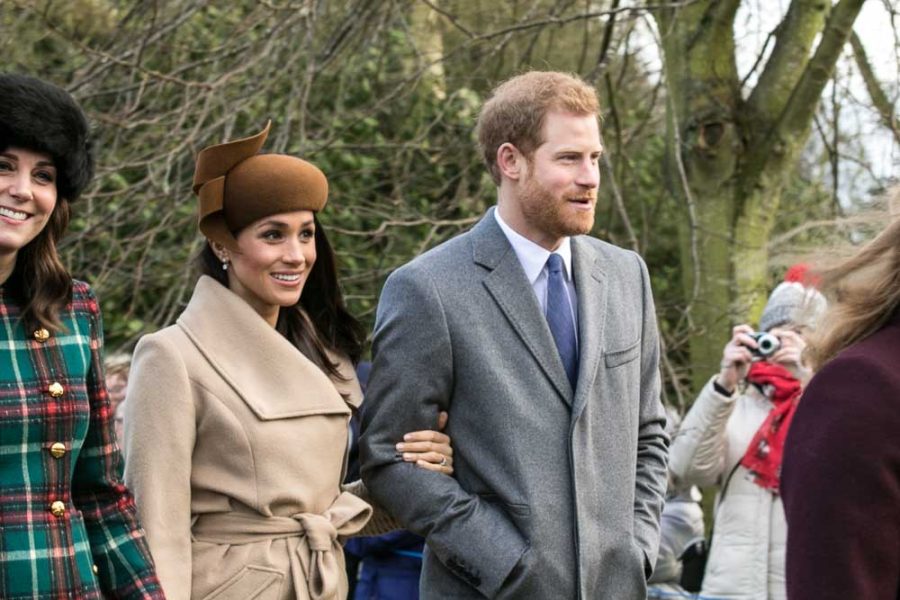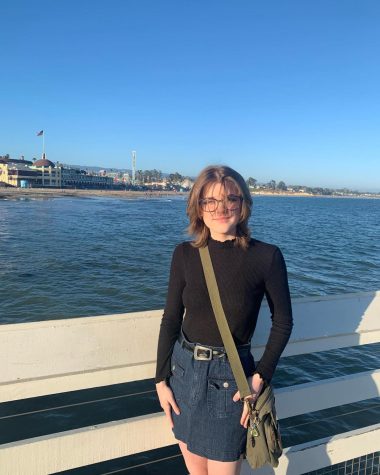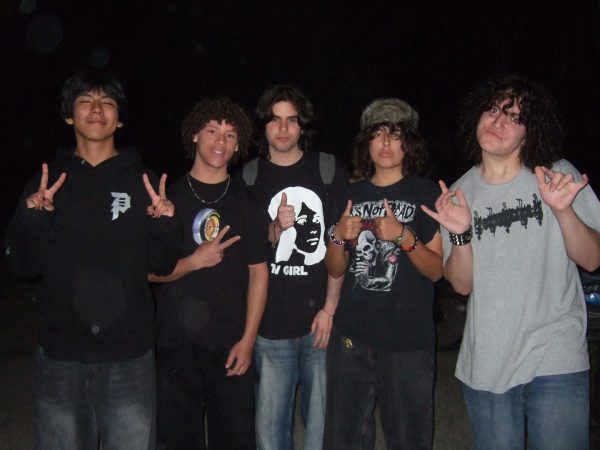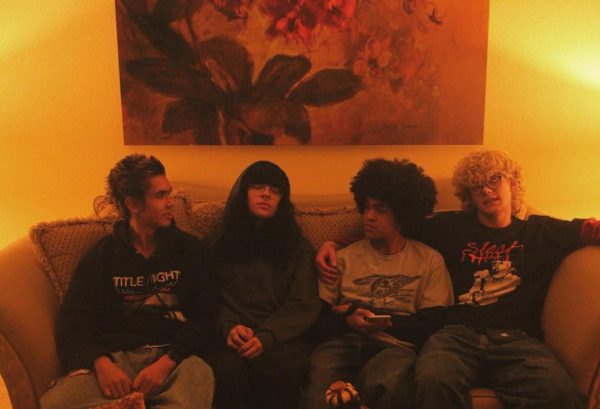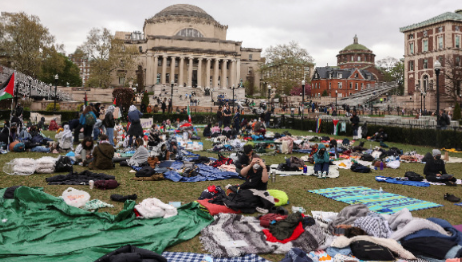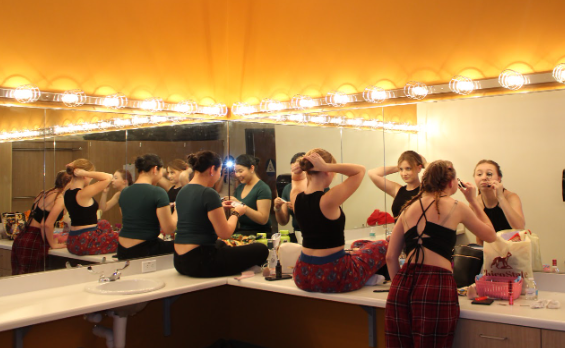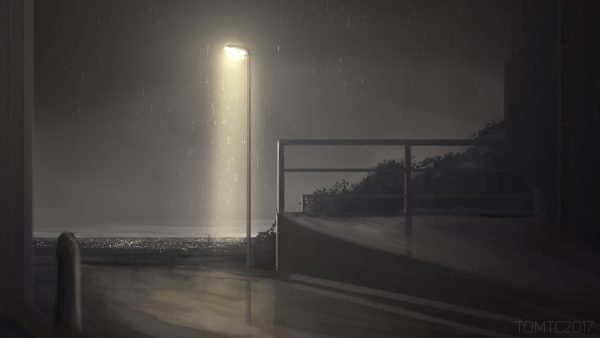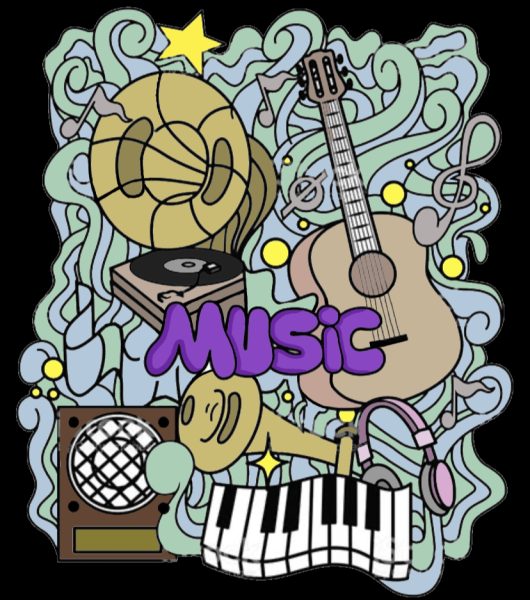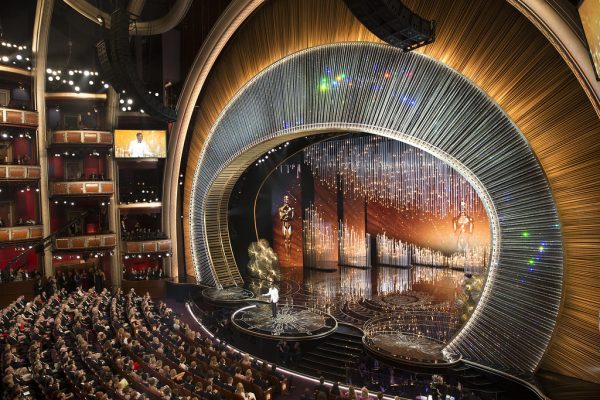Prince Harry’s ‘Spare’ Memoir Spared Readers No Details
February 16, 2023
Spare is a memoir by Prince Harry (ghostwritten by novelist J.R. Moehringer) depicting his life and experience as the second son of Diana Ross and King Charles III. The 416 page autobiography, separated into three parts, follows him through his childhood, then his time serving in the military, and lastly his time with his wife, Meghan Markle Dutchess ect. Although ‘Spare’ is a recounting of his life, at its core the memoir is a hit piece on the press, and their entitlement when dealing with the Royal family and celebrities in general.
In part one, the memoir dives straight into Princess Diana’s death. Harry, a 12-year-old boy at the time, and his older brother William, the heir to the throne, are forced to deal with her divorce from their father, King Charles III, as well as her passing. This event throws a wrench into Harry’s mental health in childhood early on, leading to his later substance abuse, extensive partying, and disruption of his relationship with his family. Throughout part 1, he attributes the tragedy to many of his struggles in school and in his social life, essentially framing himself as being stuck in an immature mindset. This is shown fairly consistently throughout the rest of the piece, and in my opinion explains a lot of his decisions and descriptions of situations later on throughout his life. Much of this part was Harry framing himself as a victim, a stance he takes throughout the novel. He claims himself a victim of the position he had been born into with the life as a prince , of his family, the public, and mostly the press. While to some extent I have sympathy for him, it’s entirely limited, especially when one accounts for his privilege as a prince living a fantastical, almost idyllic life.
The second part of Spare covers Harry’s time serving in the military, as well as his two tours in Afghanistan. Throughout this section, Harry displays much of his Royal privilege, and essentially confirms his claims of feeling like a “puppet prince”, or simply nothing but a backup-heir. Harry spent ten years in the military, but his service was filled with long breaks and time off. Additionally, his positions were all mostly bargained for, with him explaining how he essentially bypassed the chain of command to become an officer. This is attributed mostly to his Royal status, another flex of his privilege. This section largely comes off filled with bravado and is extremely fantastical, which is concerning in a memoir defined as a depiction of “real” events. He claims to have passed his entrance exam with flying colors and to be a skilled pilot, most of which are filled with fluffy adjectives of grandeur. Harry doesn’t do a very good job of proving himself as a reliable narrator, with a major disconnect from reality. Harry’s victimhood is also furthered in section 2. He goes into depth about how he was targeted by the Taliban and how his presence on tour was putting more lives at risk. This, however, read as whiny and was filled with bravado. Harry, throughout this part, continuously is framed as the victim, which gets a little old, especially when he is exposing his family for private matters that should have been handled within his family. Some things don’t need to be known by the public.
Finally, in part three, Harry depicts his relationship with Meghan Markle, his wife. This section brings up one of my qualms with this book, which is the disregard of privacy. In many instances in this section, as well as a few in the parts before, there are many parts of the memoir that made me extremely uncomfortable to read. Many things, honestly, I just didn’t need to know. On top of this, there are some serious issues with the way their relationship is described, some of which border on emotional manipulation. A lot of this, to me, was very cringey. Meghan is described as a perfect, almost goddess to him, but many of their interactions are problematic. I won’t get too deep into it for the sake of spoilers, but there is some definite love-bombing that Harry seems too oblivious to acknowledge.
Personally, I thought this book was very well written. Harry’s ghost-writer, J.R. Moehringer, does a great job of writing Prince Harry’s perspective. If the writing wasn’t so good, I most likely wouldn’t have finished this book. It is chronological and easy to follow, and offers an interesting story of Harry’s life. However, that seems to be exactly what this memoir is: a story. Much of Harry’s recountings are riddled with hearsay and direct quotes from people deserving of being taken with a truck load of salt. The memoir is also highly fantastical, reading more as a fictional story than one that actually happened in real life. I found this a little jarring, considering I was expecting to read a factual memoir. Whether or not these events actually happened, the reader will never know. We are expected to take his words at face value, which is simply irresponsible, and a fact that was quite disappointing as a reader. I rate this book a 3/10.
However, many sites are giving this memoir praise. “It’s as though Harry, who hates the press and its constant invasion of his privacy, has had to become press himself in order to finally bring the emotional force of his argument home,” says Vox. More positive feedback can be seen in The Guardian’s review, stating “His great big dreams revealed how small he was: one can’t help but feel that it’s this that he really wants an apology for.”
Whether or not you take what Harry has to say as fact or fiction, and despite my low review, Spare has been a hot topic in the media. With the press running wild with Harry’s story, the publication of this memoir is somewhat hypocritical for someone so desperate to escape the press’ prying eyes. If you want to give ‘Spare’ a read, then prepare for a lack of consideration for privacy, and go into it with skepticism. If you’re interested, but don’t care to take the time to read, there is also a Netflix documentary titled Harry & Meghan, which I found much more consumable than the novel.

